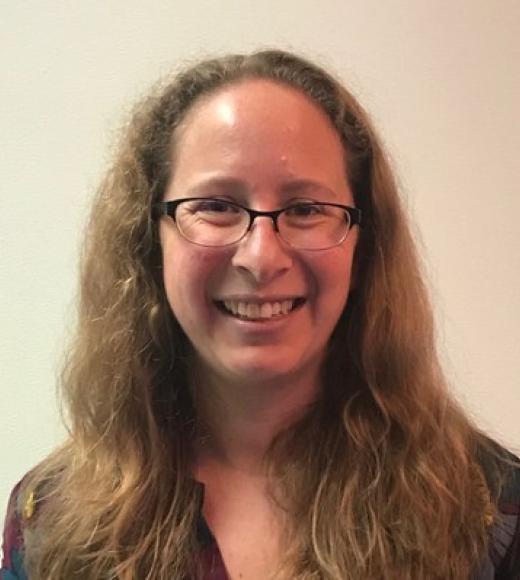
Position Title
Assistant Professor of Linguistics
About
Dr. Emily Morgan joined the linguistics department at UC Davis in Summer 2018.
Research Focus
To know a language is to use one’s past linguistic experience to form expectations about future linguistic experience. This process is mediated by both speakers’ stored representations of their previous experience, and the online procedures used to process new stimuli in light of those representations. My research thus asks what the form of these representations is, and how the language processing system integrates these stored representations with incoming stimuli to form online expectations during language comprehension. For example, when one encounters a highly frequent phrase such as “bread and butter”, is this phrase represented and processed holistically as a single unit, or compositionally as a conjunction of nouns? Is the form of this representation influenced by the frequency of the expression (compared to a less frequent expression like “facts and techniques”) or its frozenness in a given order (compared to a more flexible expression like “boys and girls”/”girls and boys”)? To answer these questions, I combine experimental psycho- and neurolinguistic methods, such as eye-tracking and ERPs, with probabilistic computational modeling.
I also ask comparable questions in the domain of music: how is our previous musical experience represented and processed to form expectations for future experience? For example, to what extent does processing of melodies rely upon language-like hierarchical structure versus surface statistics (e.g. note to note transition probabilities)?
Publications
Morgan, E. and Levy, R. (2016). Abstract knowledge versus direct experience in processing of binomial expressions. Cognition, 157, 382-402. http://dx.doi.org/10.1016/j.cognition.2016.09.011
Patel, A.D. and Morgan, E. (2017). Exploring cognitive relations between prediction in language and music. Cognitive Science, 41(Suppl. 2), 303-320. DOI: 10.1111/cogs.12411
Fogel, A.R., Morgan, E., & Patel, A.D. (2016). Measuring and modeling melodic expectation: A new approach. In: Proceedings of the 14th International Conference on Music Perception & Cognition (ICMPC10), July 2016, San Francisco. Adelaide: Causal Productions, pp. 87–90. Available online: http://icmpc.org/icmpc14/files/ICMPC14_Proceedings.pdf
Morgan E. and Levy R. (2016). Frequency-Dependent Regularization in Iterated Learning. In S.G. Roberts, C. Cuskley, L. McCrohon, L. Barceló-Coblijn, O. Fehér & T. Verhoef (eds.) The Evolution of Language: Proceedings of the 11th International Conference (EVOLANG11). Available online: http://evolang.org/neworleans/papers/193.html
Morgan, E. and Levy, R. (2015). Modeling idiosyncratic preferences: How generative knowledge and expression frequency jointly determine language structure. Proceedings of the 37th Annual Conference of the Cognitive Science Society, pages 1649-1654. Available online: http://mindmodeling.org/cogsci2015/papers/0287/paper0287.pdf
